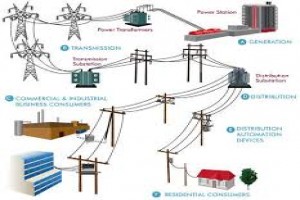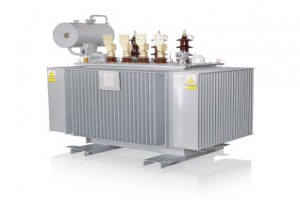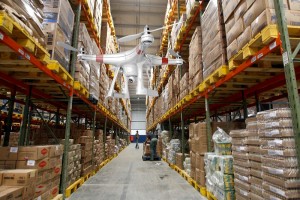Event Details
On completion of this course you will be able to:
- Make accuracy statements for various types of measurements. Differentiate between digital and analogue measurements and describe the advantages of each.
- Recognise the importance of pneumatic equipment.
- Define pressure and understand the operation of pressure transducers.
- How pressure transducers can measure level and flow.
- Describe the operation of various devices used to measure both level and flow.
- Know how to make temperature measurements using both thermocouples and resistive temperature devices.
- Understand how instruments are used for process control.
CONTENT
Introduction
-
- Air Supply, Electrical Supply, Grounding
- Instrument Identification and Line Symbols
- Process & Instrumentation Diagrams (P&IDs), Control System Definition, Logic Diagrams
Units & Standards:
-
- Control Loops
- Overview, Control Function Considerations
- Control Modes, (On-Off, Modulating, PID Control)
Final Control Elements:
-
- Control Valve Types, Valve Positioners
- Control Loops
Process Control Methods:
-
- Control Modes (ON-Off, Modulating, PID Control)
- Control Types (Feedback, Cascade, Ratio, Feed forward)
- SCADA
Control Valves:
-
- Valve Bodies, Actuators, Valve Positioners
Instrument Configuration and Diagnostics Systems
-
- How to Document Instrumentation including Tag Numbers, P&IDs, Loop and Logic Diagrams
Control Centres:
-
- Overview, Design, Physical Aspects
Enclosures:
-
- Overview, General Requirements
- Electrical, Pneumatics
- Temperature and Humidity Control
Alarms and Trips:
-
- Fail-Safe and De-Energise-to-Trip
Types of Instruments:
-
- Flow (Switch, Alarm, Feedback) Flow Measurement
- Temperature (Switch, Alarm, Feedback) : Temperature Measurement
- Pressure (Switch, Alarm, Feedback): Pressure Measurement
- Weight, Level Measurement, Contents Measurement
- Conductivity, pH Measurement
- Density, Viscosity, Current, Voltage, Amperage, Capacitance, Resistivity, Inductance, Frequency
- Vibration
- Moisture
TRAINING METHODOLOGY
The training methodology combines lectures, discussions, group exercises and illustrations. Participants will gain both theoretical and practical knowledge of the topics. The emphasis is on the practical application of the topics and as a result participant will go back to the workplace with both the ability and the confidence to apply the techniques learned to their duties.
This course is available in the following locations:
Nigeria - $3500
Ghana - $6500
Rwanda - $7500
UK - $8500
USA - $8500





